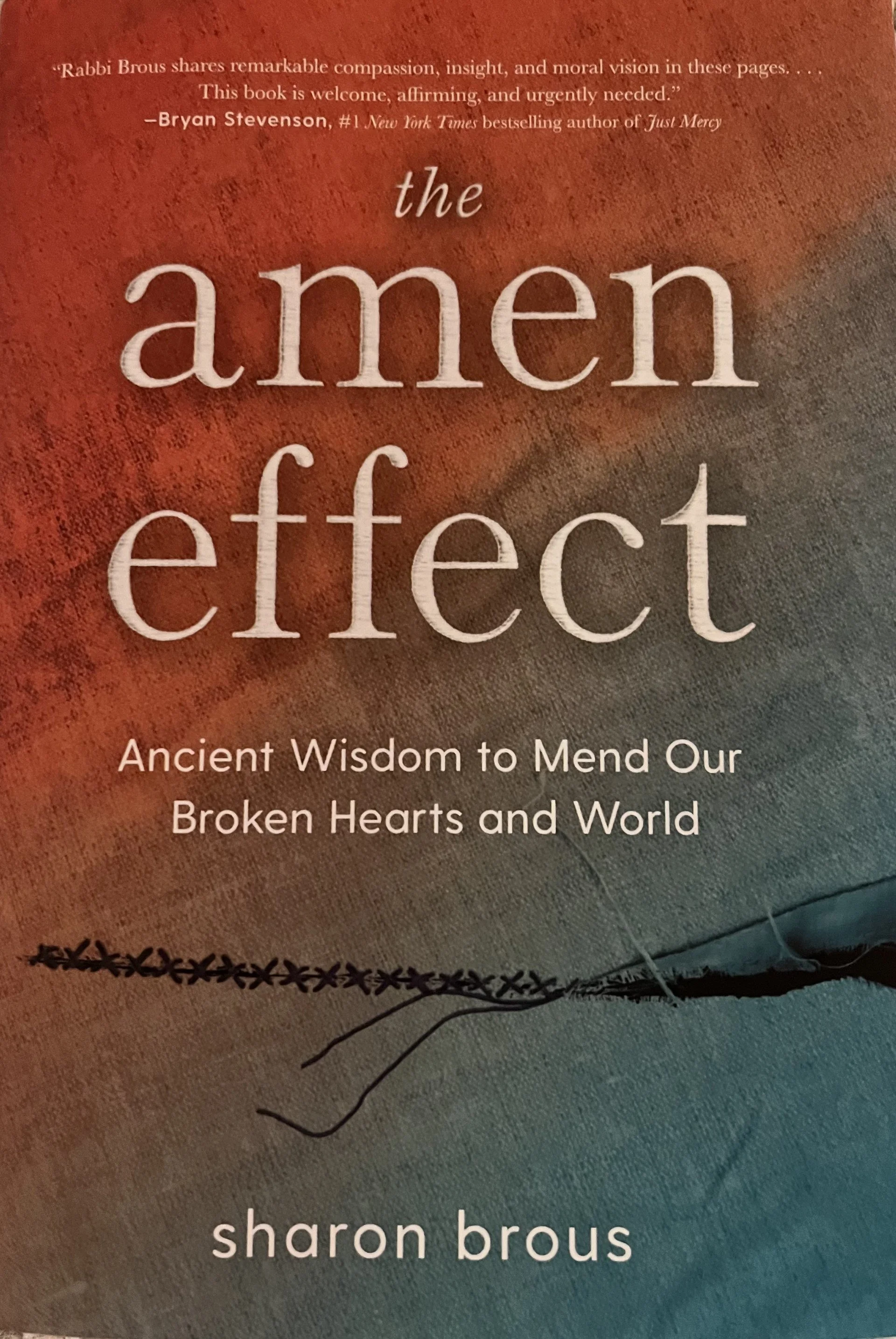Book Recommendation
Rabbi Sharon Brous’ book is inspiring, uplifting, encouraging and peppered with real-world illustrations from her own life and that of the community she founded and leads: the vibrant IKAR community in Los Angeles. In a time when we hear so many stories of religious decline, this book is a welcome antidote for despair.
She quotes Abraham Joshua Heschel who wrote this critique of American religious life: “Religion declined, not because it was refuted, but because it became irrelevant, dull, oppressive, insipid. What young people need is not religious tranquilizers, religion as diversion, religion as entertainment, but spiritual audacity, intellectual guts, the power of defiance!”
Rather than be the leader of a community that was trying to keep everyone happy, she had a different vision: “a shared conviction that faith communities needed to be spiritually alive and morally courageous at the same time. The coffee should be good, the music should be great, the sermons should be brave, and the ethos should be ever evolving.”
Human beings flourish in relationships of deep connection, and IKAR is a community where people share grief, joy and vulnerability; Brous describes creating new rituals that are meaningful for individual circumstances and relevant to contemporary life. “Cultivating hearts that can hold both sorrow and celebration is deep spiritual work.”
Communities of faith that are engaged in their neighborhoods can be transforming, working against individual and societal isolation. When we learn to live less tribally, we will be less susceptible to extremist ideologies and dangerous social/political upheaval.
The title of the book comes from a sermon Brous preached at IKAR. Here’s how she describes it (my paraphrase): “I spoke of the spiritual and moral mandate to show up…our lives are measured by our willingness to show up for each other when it matters most, in sorrow and in celebration…the reorientation of our broken society starts in this room…we need to train our hearts to step toward the pain, not try to escape it.”
A beautiful powerful reminder of what religious communities can do and be, at our best.

